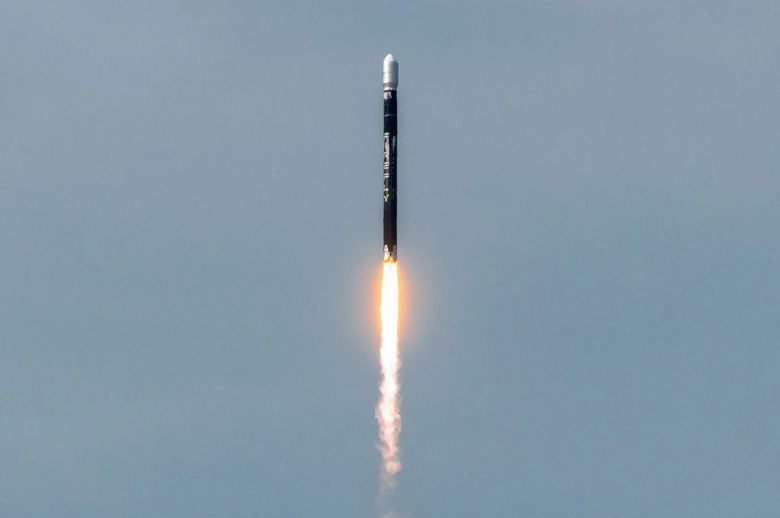Firefly Aerospace is ready to launch small satellites under NRO
Firefly Aerospace has announced its intention to participate in the National Reconnaissance Office's (NRO) space launch contract competition. This program was created to allow NRO to purchase cargo space on small satellites from commercial suppliers. Firefly has been cleared to bid to launch NRO small satellites on its Alpha rocket from both Vandenberg Space Center in California and Cape Canaveral in Florida.
NRO developed the SLIC (Streamlined Launch Indefinite Delivery, Indefinite Quantity Contract) contract agreement in order to obtain commercial launch services for its high-risk missions. Virgin Orbit has already received the first order under the SLIC contract, despite the fact that this particular company has already ceased to exist.
Under the SLIC program, orders totaling approximately $700 million are planned over the next 10 years. While NRO still relies on traditional launch vehicles to launch its larger and more sensitive national security payloads, the SLIC program is open to U.S. rockets that have successfully reached orbit and allows vendors to offer launch services on an ad hoc or shared basis.
NRO is responsible for the development and management of US reconnaissance satellites. Like many other government and commercial organizations, it increasingly relies on small satellites for a variety of purposes, including intelligence, communications and scientific research. In recent years, NRO has shown a willingness to use commercial providers and small launch vehicles and has become a regular customer of Rocket Lab, which is developing the Electron rocket.
Firefly's previous launch occurred on December 22, when it completed a mission for Lockheed Martin. Problems with the Alpha rocket's upper stage resulted in improper cargo placement in orbit.
This was the fourth Alpha rocket launch in the last three months, following the successful launch of the Victus Nox demonstration satellite for the US Air Force. The rocket also achieved orbit in October 2022, but the satellites returned to the atmosphere a few days later due to improper placement in an elliptical orbit instead of a higher circular one. Firefly said the launch was a success despite problems with satellite placement.
In a January 25 press release, Firefly said its next two missions for this year will be for NASA and commercial startup Xtenti, which received a contract from the NRO. This mission will be carried on an Alpha rocket and will involve the use of the Elytra orbiter, which was developed by Firefly to carry small payloads.

